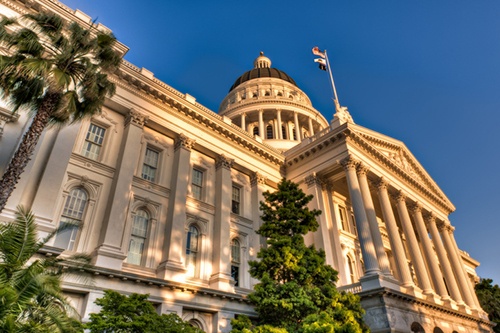
Today, in light of public health concerns due to COVID-19, Governor Newsom issued an Executive Order suspending certain Brown Act rules. Among other items, the Order allows local and state legislative bodies to hold public meetings via teleconference and to make meetings accessible electronically.
The Order provides: “All requirements in both the Bagley-Keene Act and the Brown Act expressly or impliedly requiring the physical presence of members, the clerk or other personnel of the body, or of the public as a condition of participation in a quorum for a public meeting are hereby waived.”
Agencies must still provide advance notice of each public meeting as otherwise prescribed by law. Agencies must also notice at least one publicly accessible location from which members of the public shall have the right to observe the public meeting and offer public comment (including rights of access consistent with the Americans with Disabilities Act).
The full Executive Order can be found here.
- Partner
Alfred Smith, chair of Nossaman's Water Group, is a recognized expert in water, environmental, transportation and public agency law. A graduate of the Harvard Law School, he has successfully litigated multiple water right ...
California Water Views provides timely and insightful updates on the water sector in the state. We relay information on how water legislation and policy from the nation’s capital, Sacramento, and around the U.S. affect California’s water utilities, agencies, practitioners, and consumers. We also write about important events, conferences, legal cases, and other key happenings involving all things water in and around California.
Stay Connected
 RSS Feed
RSS Feed
Categories
- Clean Up of Groundwater & Contaminated Media
- Climate Change
- Coastal Development
- Construction
- COVID-19
- Dam Construction, Operation & Removal
- Desalination
- Environmental Protection Agency
- Events
- Government Administration
- Groundwater Management & SGMA
- Inverse Condemnation & Regulatory Takings
- New Legislation
- Oceans, Marine Life & Maritime Transportation
- Project Construction
- Projects
- Public Agency Regulation
- Recycled Water
- Regulatory Reform & Proposed Rules
- Right to Take
- Valuation
- Water Infrastructure
- Water Litigation
- Water Quality
- Water Rights
- Water Supply
- Water Utility Regulation

